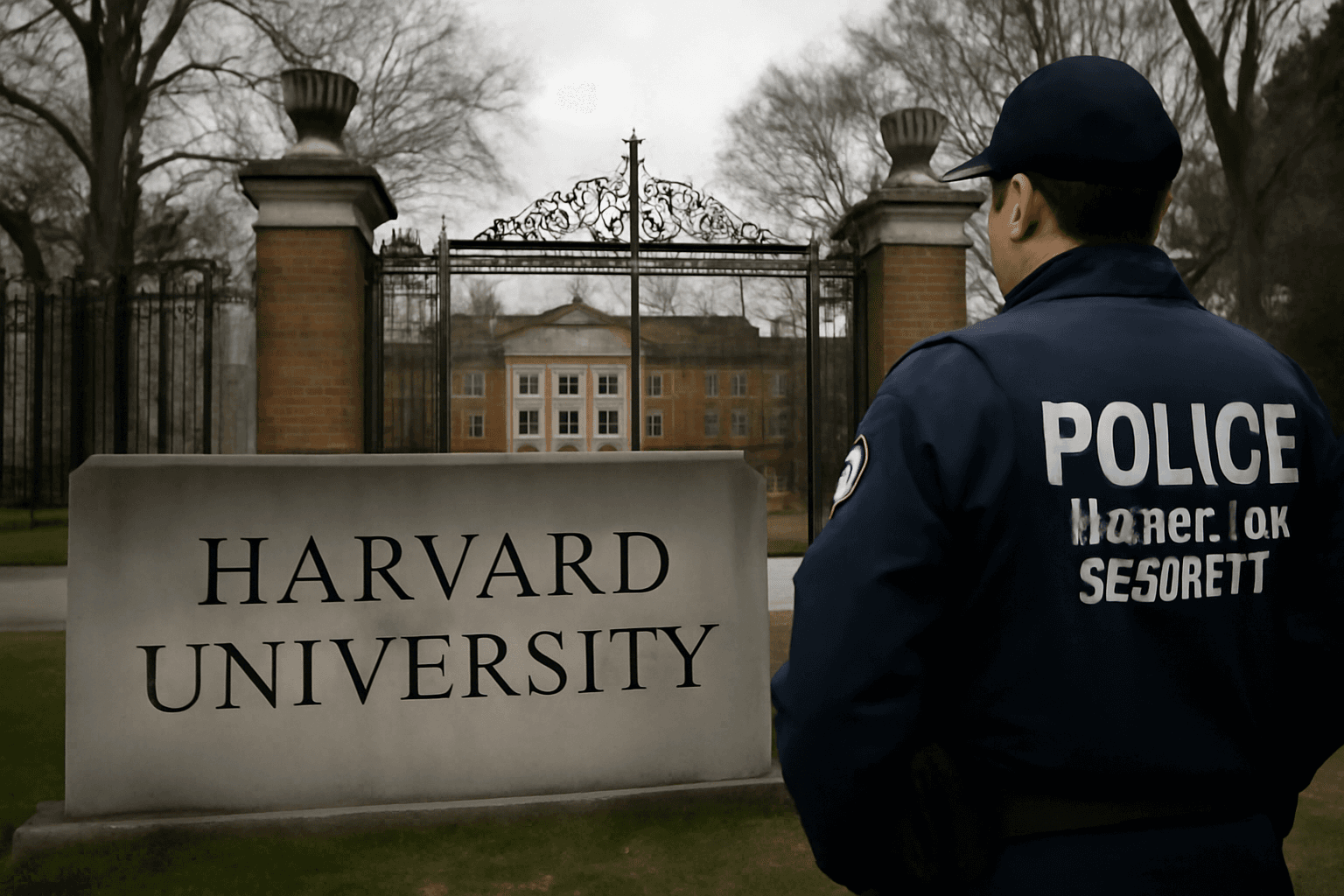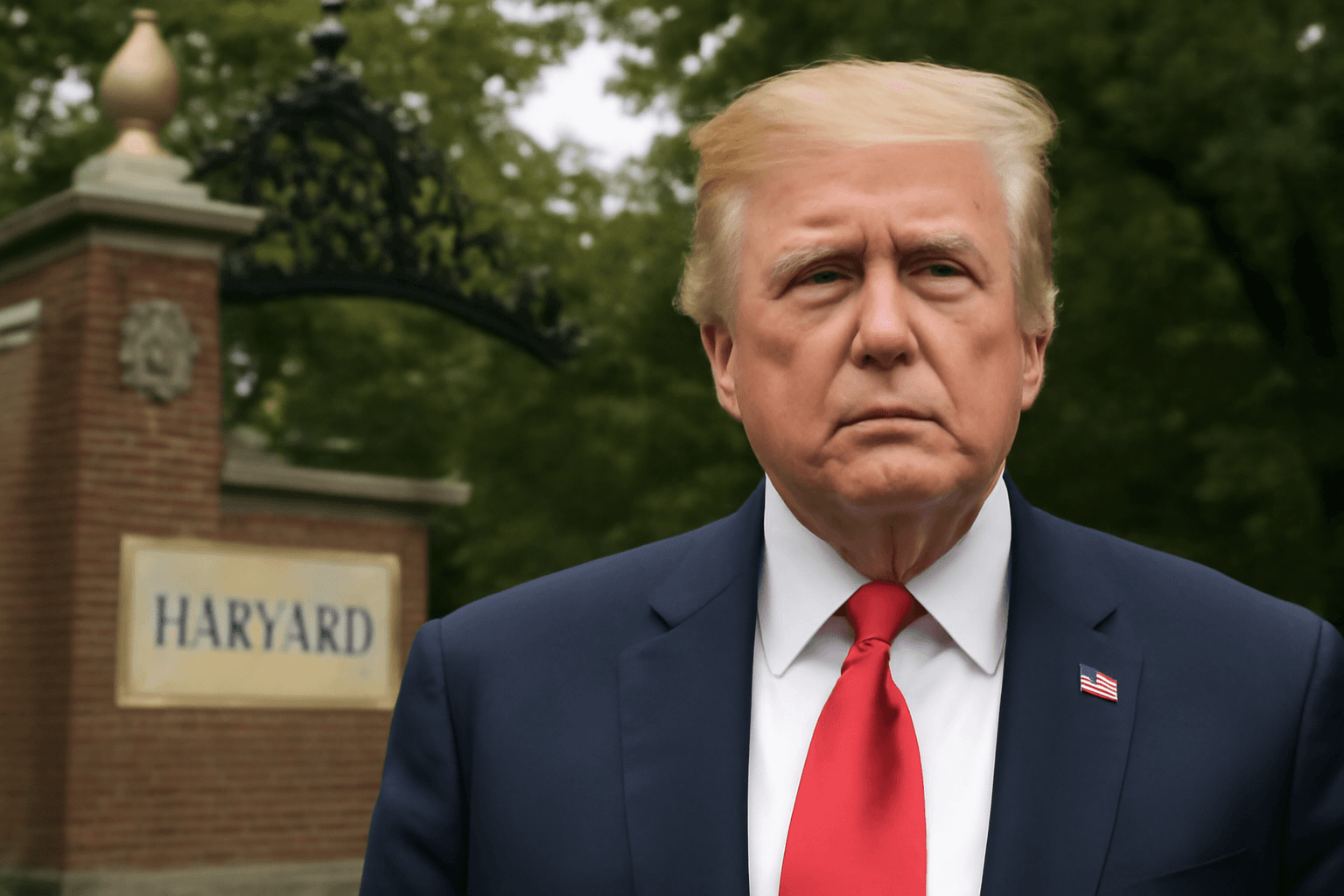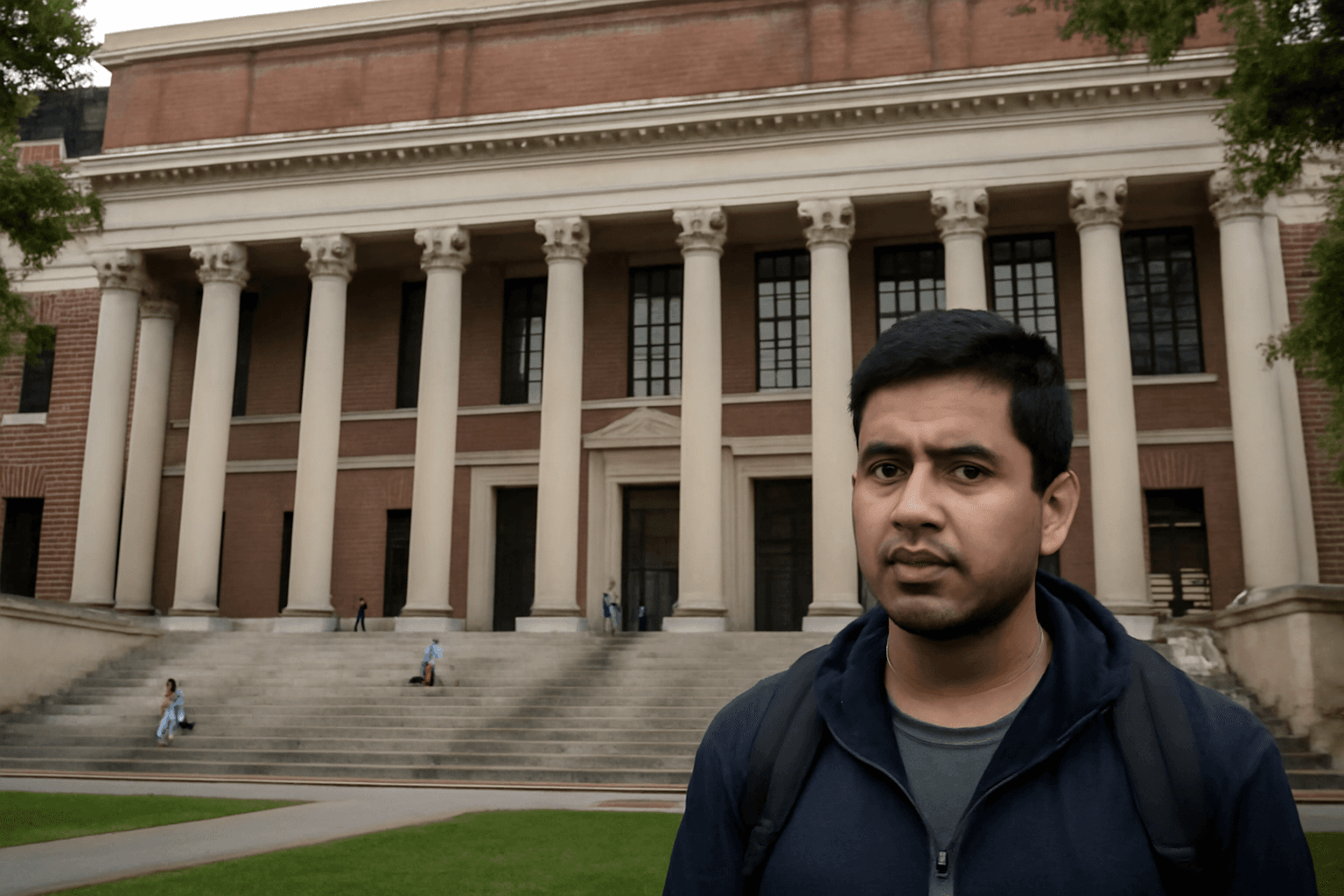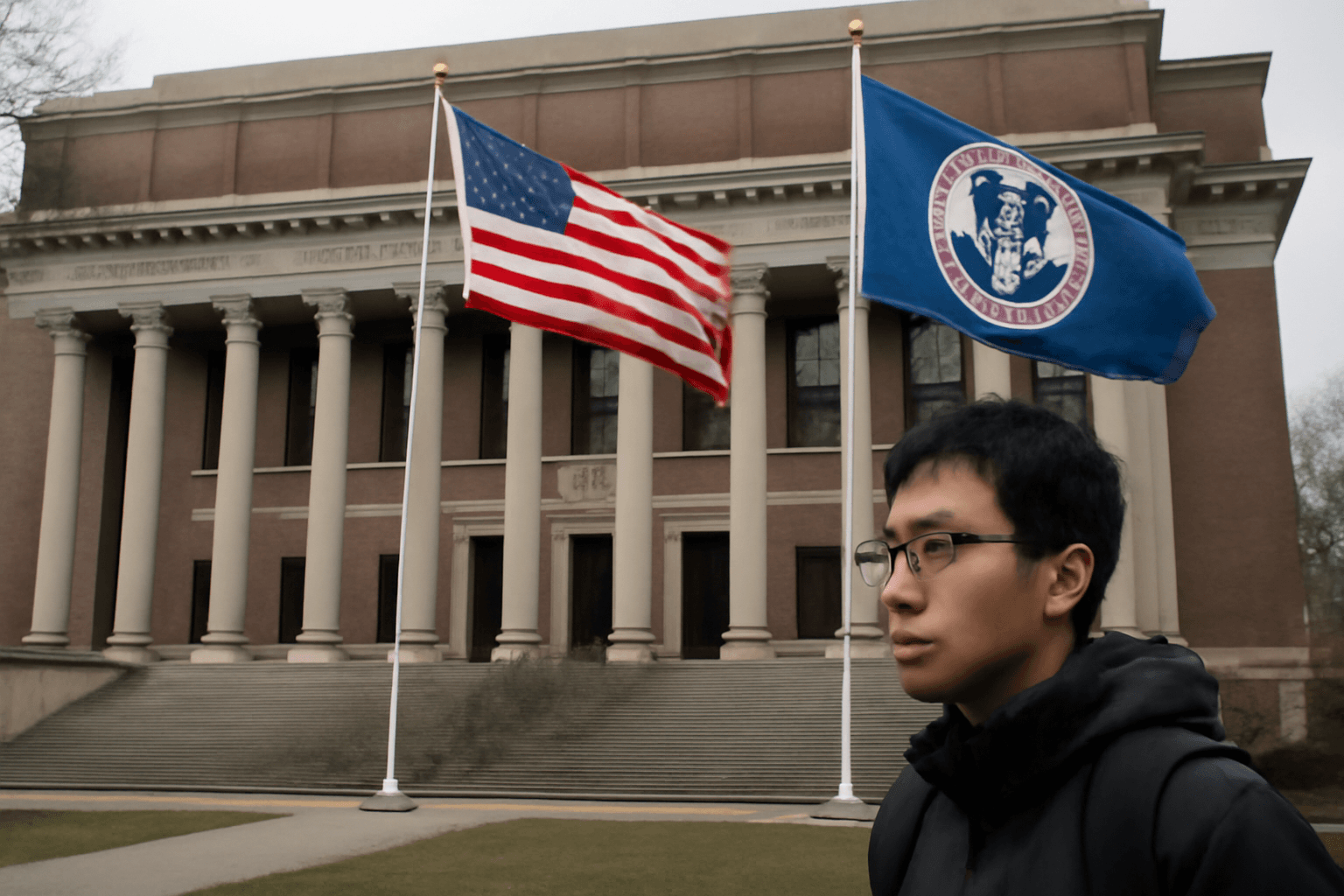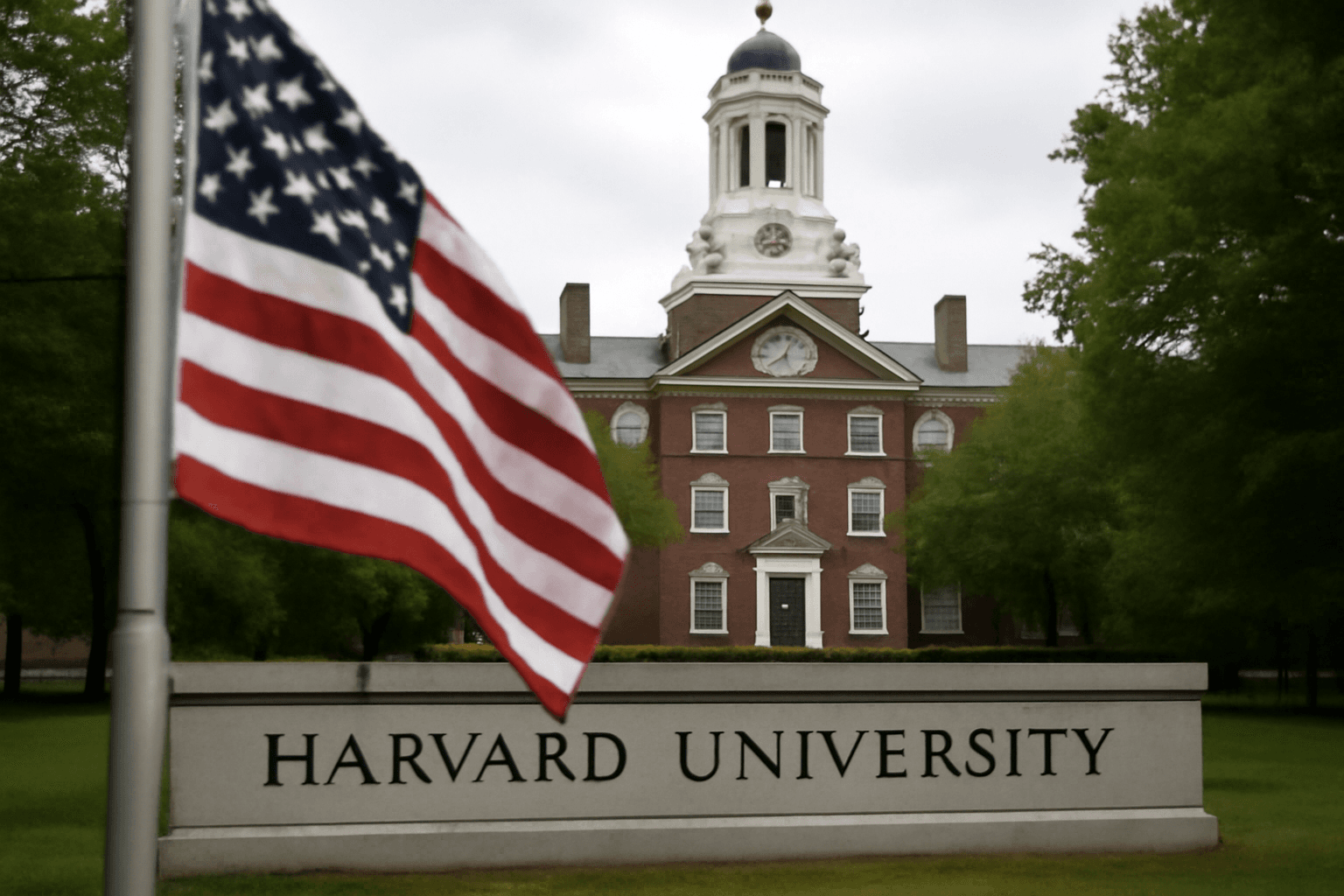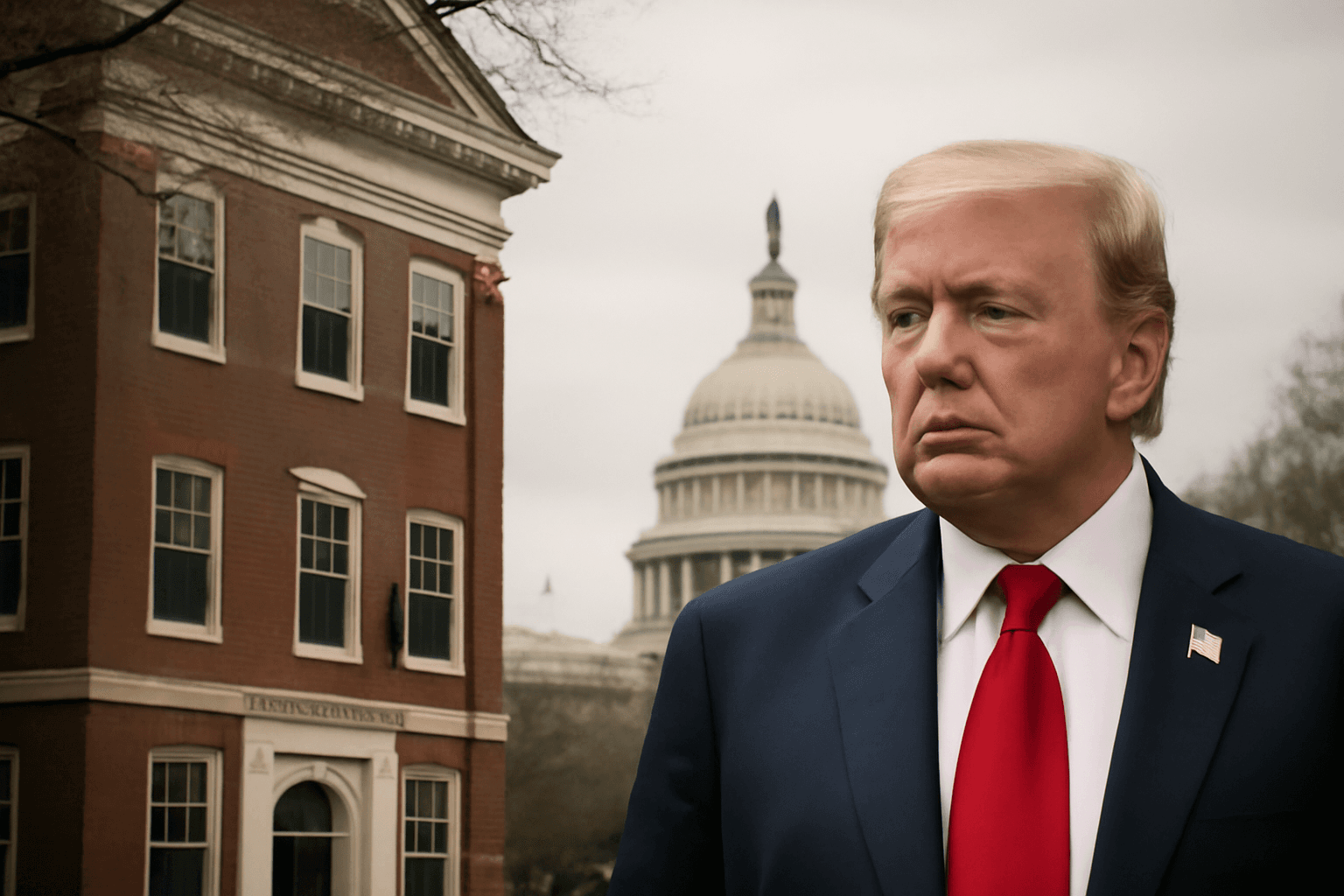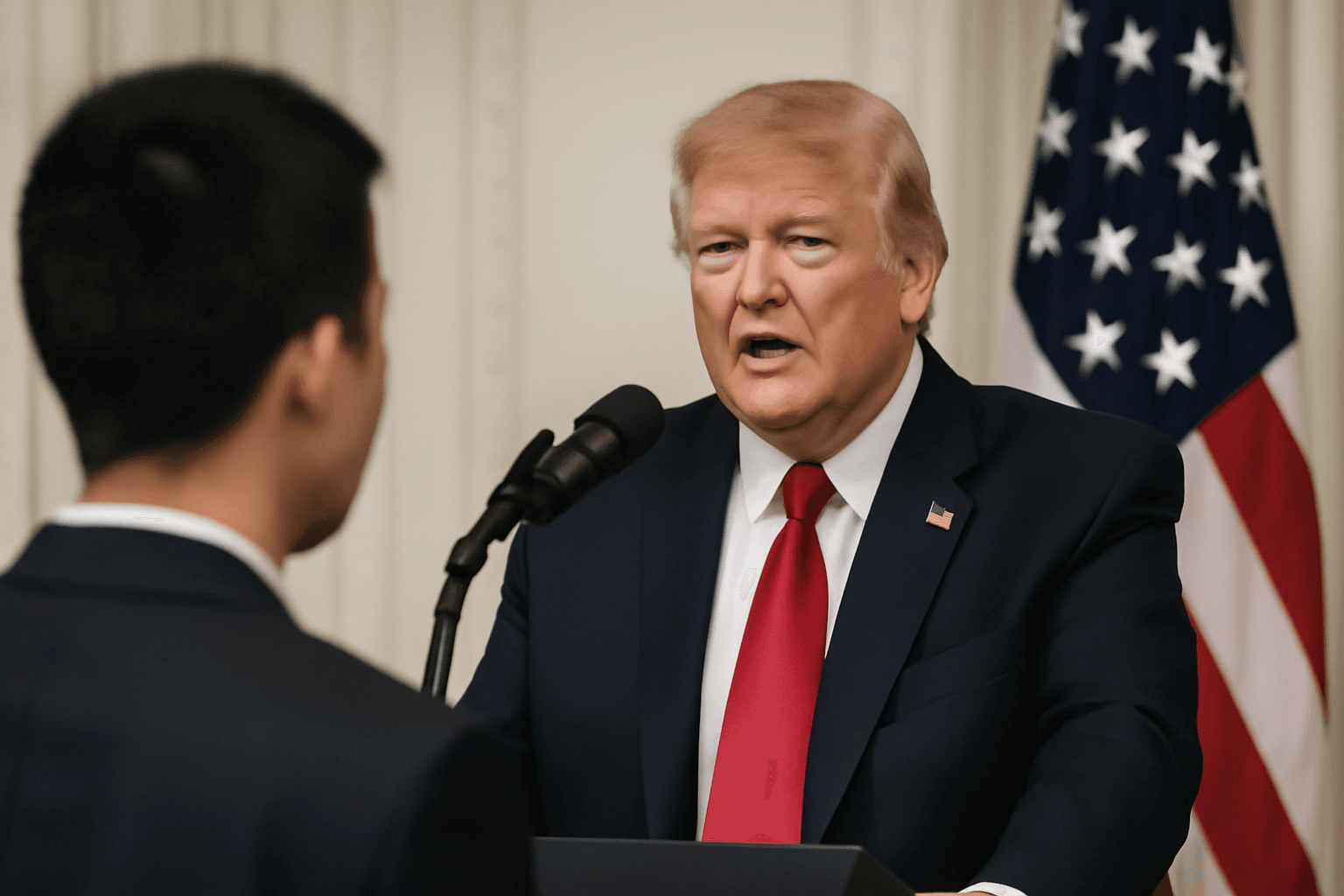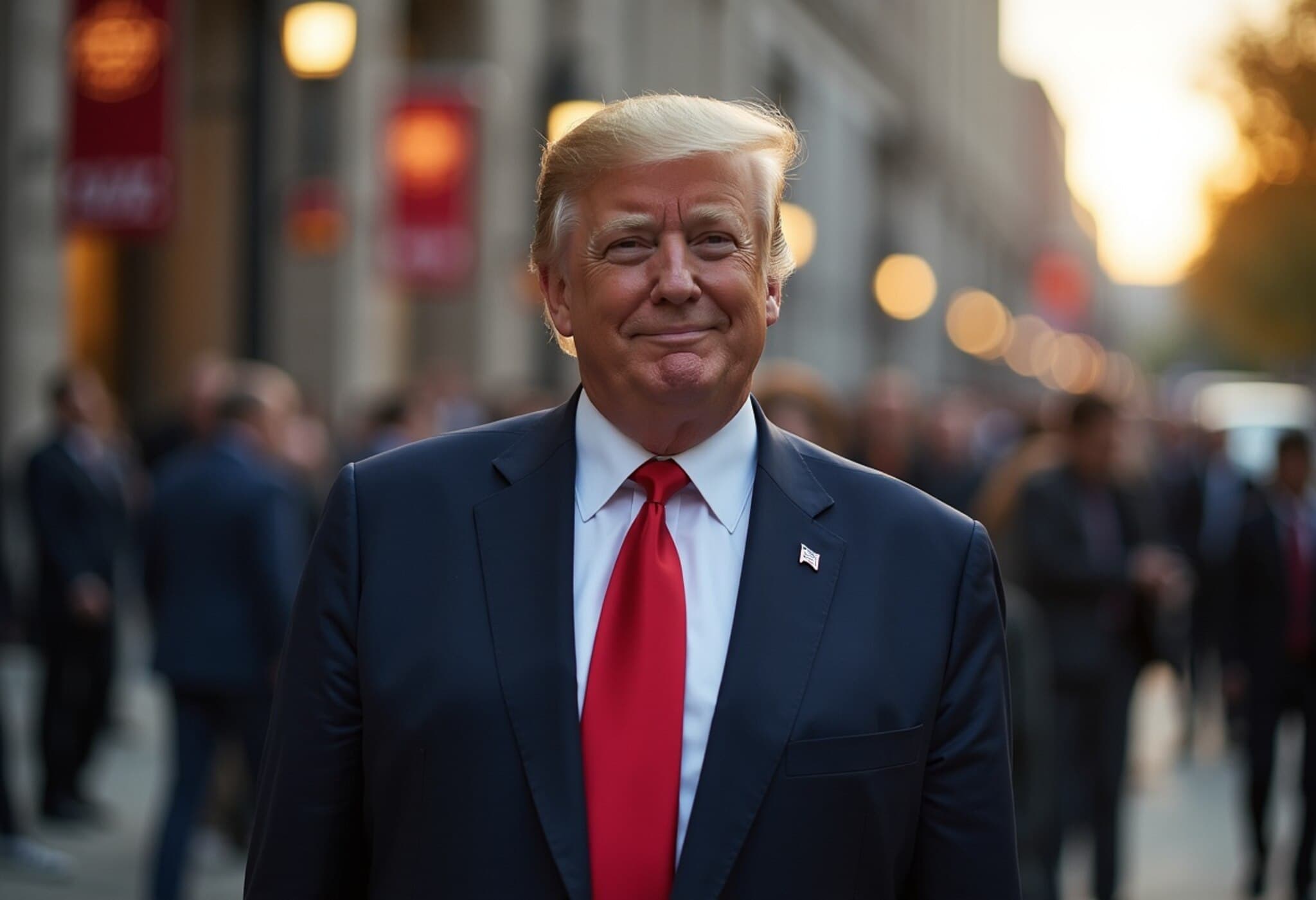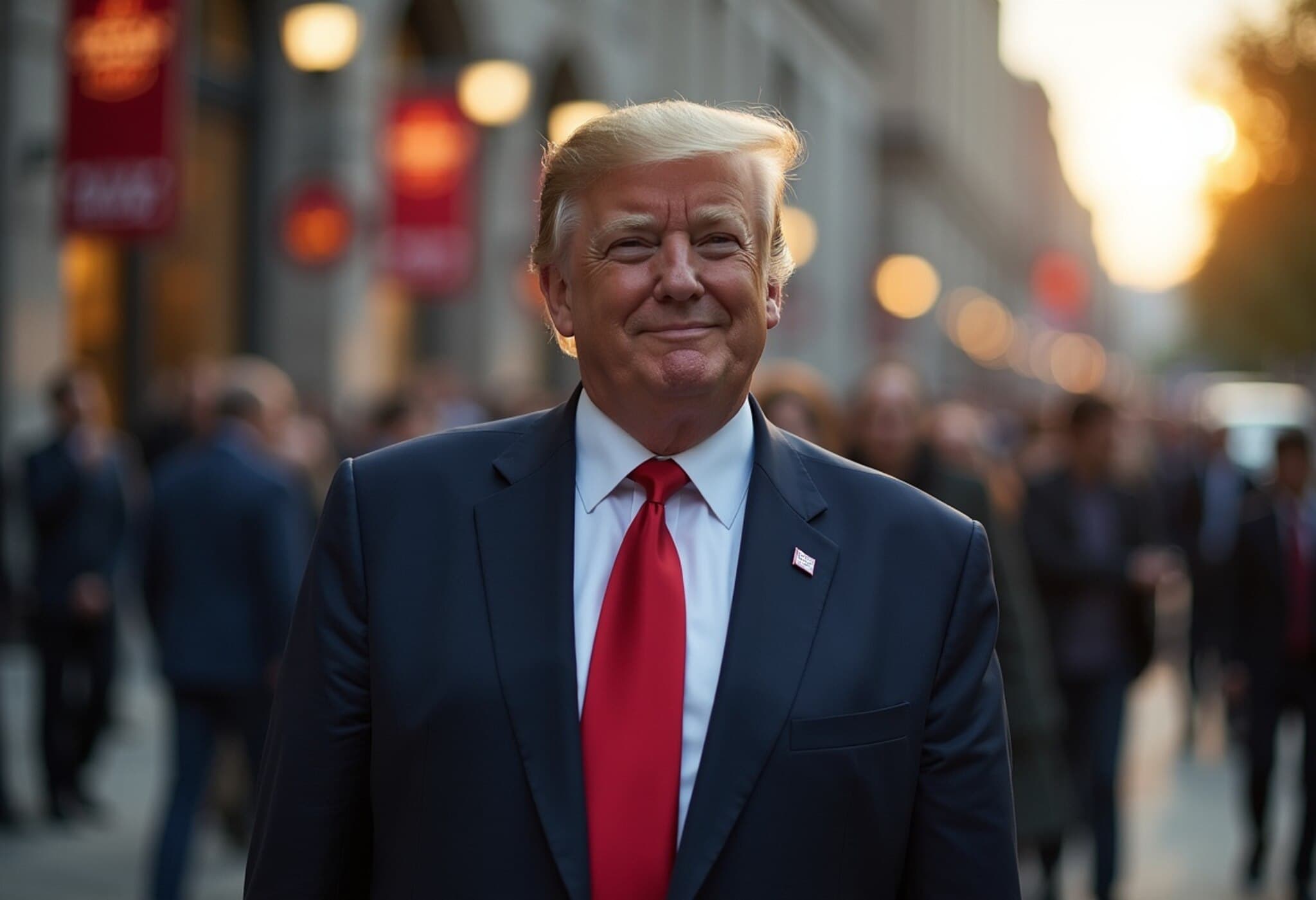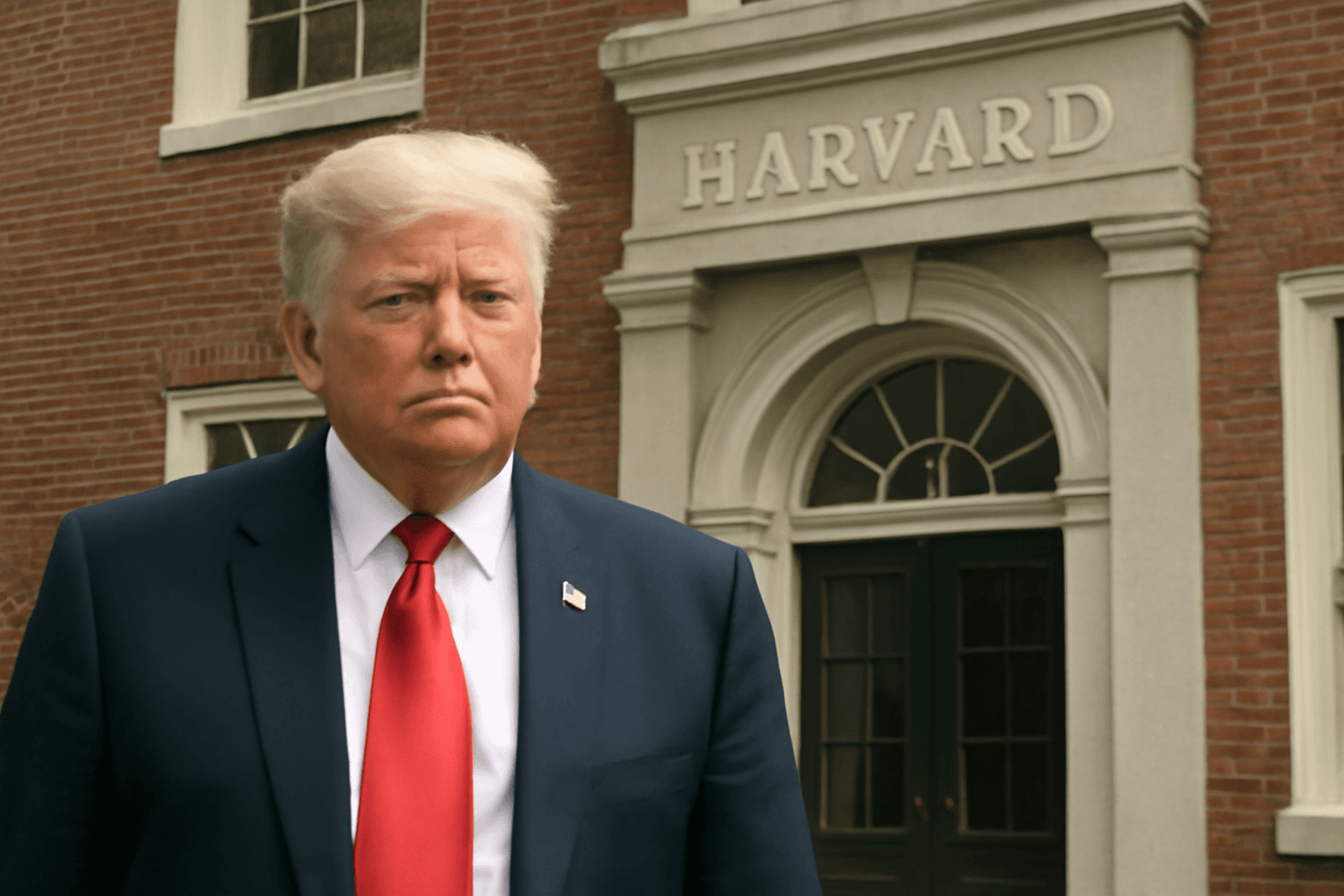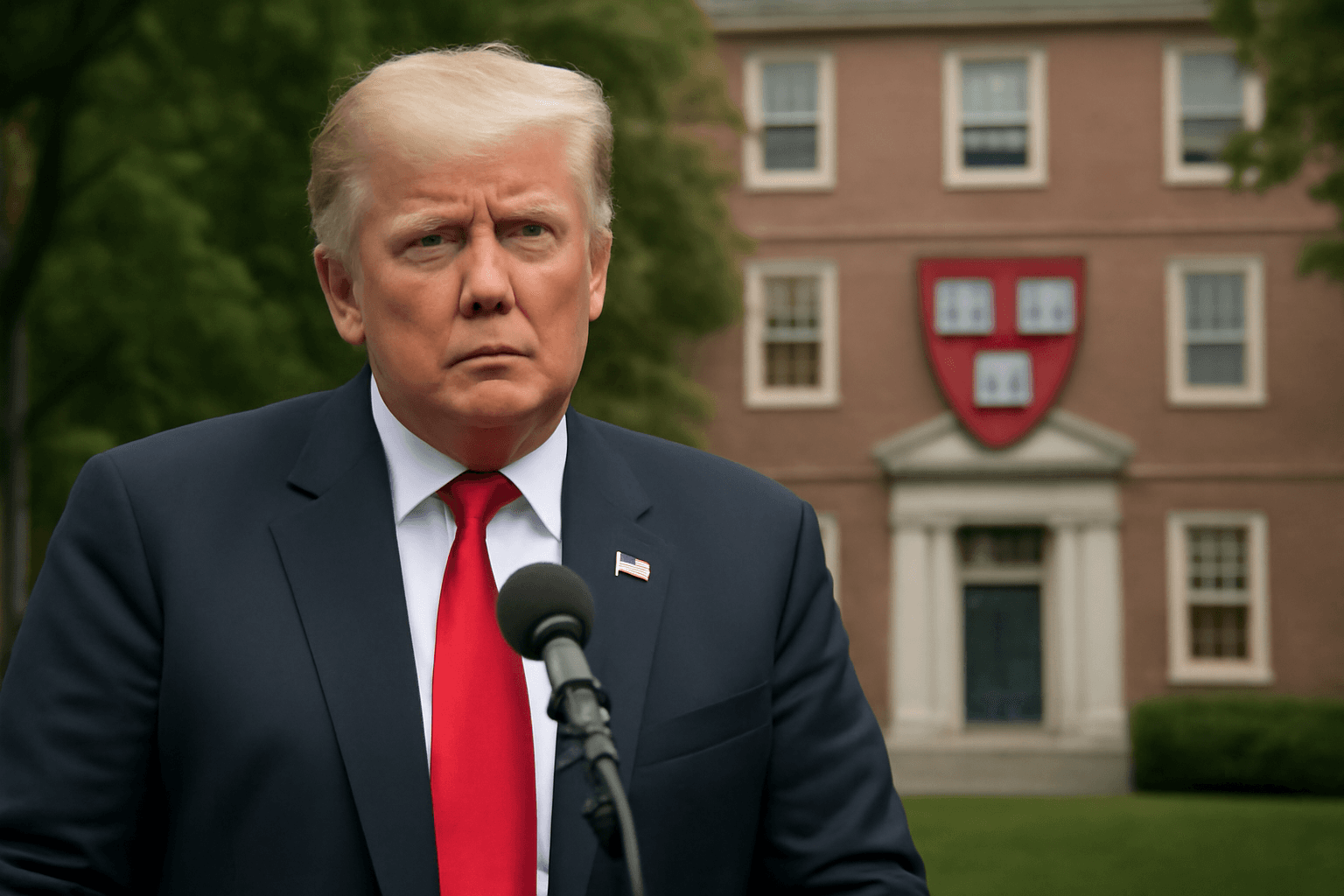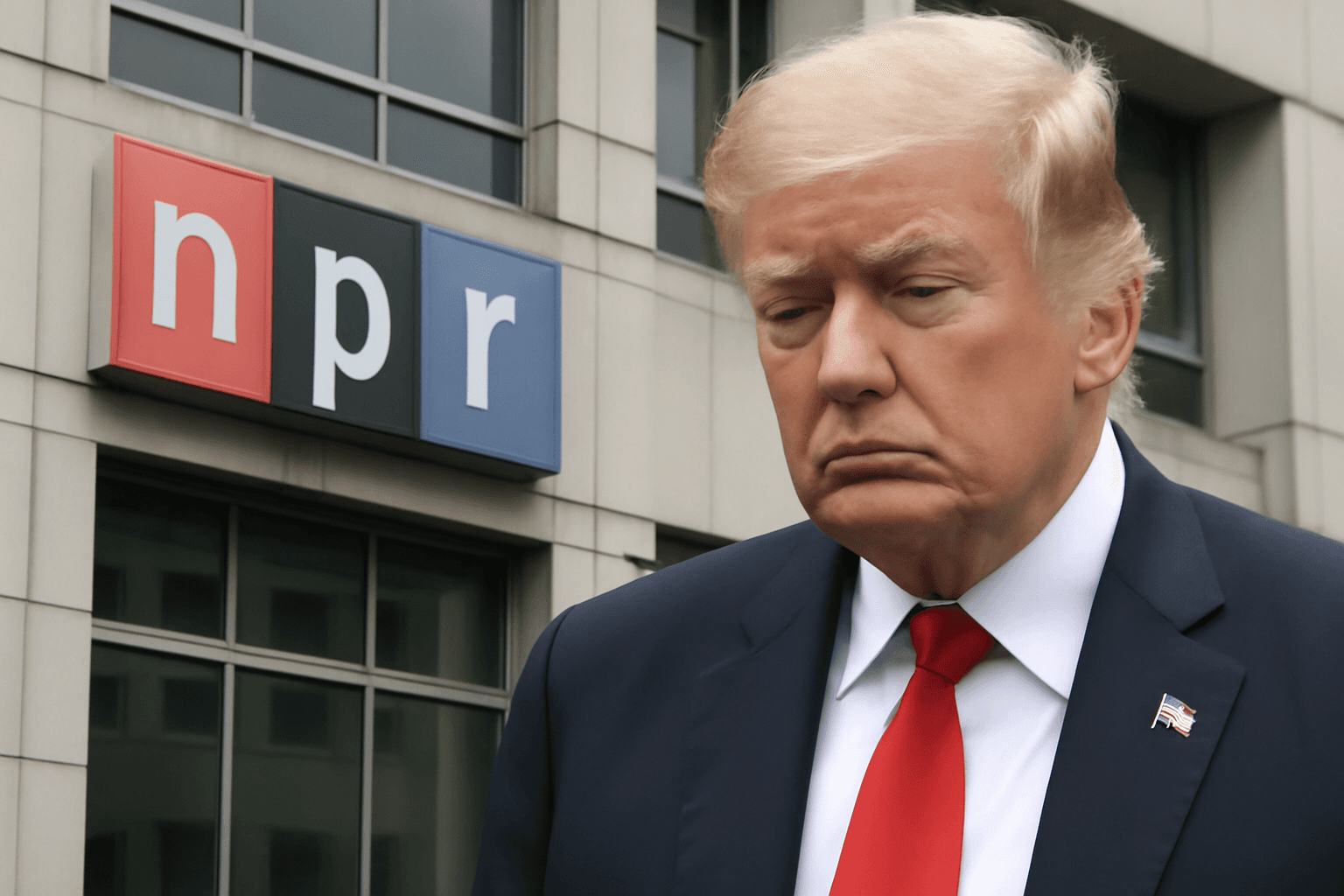The U.S. Department of Homeland Security (DHS) has taken the unprecedented step of revoking Harvard University's certification to enroll foreign students. This decision, announced on May 28, 2025, follows allegations that Harvard maintains coordinated ties with the Chinese Communist Party (CCP) and fosters a hostile campus environment marked by antisemitism and pro-terrorist activity.
Secretary Kristi Noem stated that Harvard’s coordination with the CCP and its failure to prevent violence and discrimination on campus warranted this action. The revocation directly impacts more than 6,000 international students at Harvard, nearly a quarter of whom are Chinese nationals, forcing currently enrolled students either to transfer or risk losing their legal status in the United States.
Significance of the Decision
This move marks a historic reprimand of an Ivy League institution long viewed as a global symbol of academic excellence. It represents the first time in recent memory that DHS has stripped such an elite university of its ability to host foreign students.
The decision reflects escalating concerns within the U.S. government regarding alleged CCP infiltration into American academia. Congressional investigations revealed that Harvard engaged in close collaborations with CCP entities, including providing public health training to officials linked to the Xinjiang Production and Construction Corps (XPCC), a paramilitary group sanctioned for its involvement in human rights abuses against Uyghur Muslims.
Investigations Uncover Deep CCP Links
Research partnerships between Harvard and Chinese military-affiliated universities such as Tsinghua and Zhejiang have raised alarms, especially given ongoing reports of the CCP’s forced organ harvesting and military modernization efforts. Harvard also received substantial funding—more than $151 million since 2020—from foreign sources, including donations connected to organizations with ties to Beijing.
House Select Committee on China Chairman John Moolenaar emphasized that Harvard’s involvement with sanctioned paramilitary groups threatens U.S. national security and reflects a pattern of dangerous collaboration.
Campus Climate and Political Reactions
The DHS order cites spikes in campus crime, including a 55% increase in overall crime and a 195% rise in aggravated assaults between 2022 and 2023, alongside concerns about antisemitic harassment and the presence of pro-Hamas student organizations following recent geopolitical tensions.
Political figures have called for increased oversight. House Chairwoman Elise Stefanik stressed the necessity of preventing American institutions from aiding foreign military advancements or extremist agendas under the guise of academic exchange.
Responses on campus range from fear among international students to defiance against the federal decision. The Chinese embassy in Washington condemned the ruling as unfairly stigmatizing educational cooperation, while social media in China saw the news trend widely, interpreting it as a blow to U.S. educational prestige.
Legal Challenges and Future Outlook
Harvard has filed a lawsuit challenging the DHS order, securing a temporary injunction from a federal judge. Nonetheless, the legal and political confrontation continues, with Congress demanding full transparency and cooperation from the university regarding foreign student conduct and partnerships.
As U.S.-China relations further decouple across multiple sectors, this episode underscores the complex balance between safeguarding national security and preserving academic freedom. Many Chinese students are reconsidering their plans to study in the U.S., which may have lasting implications for international higher education.

